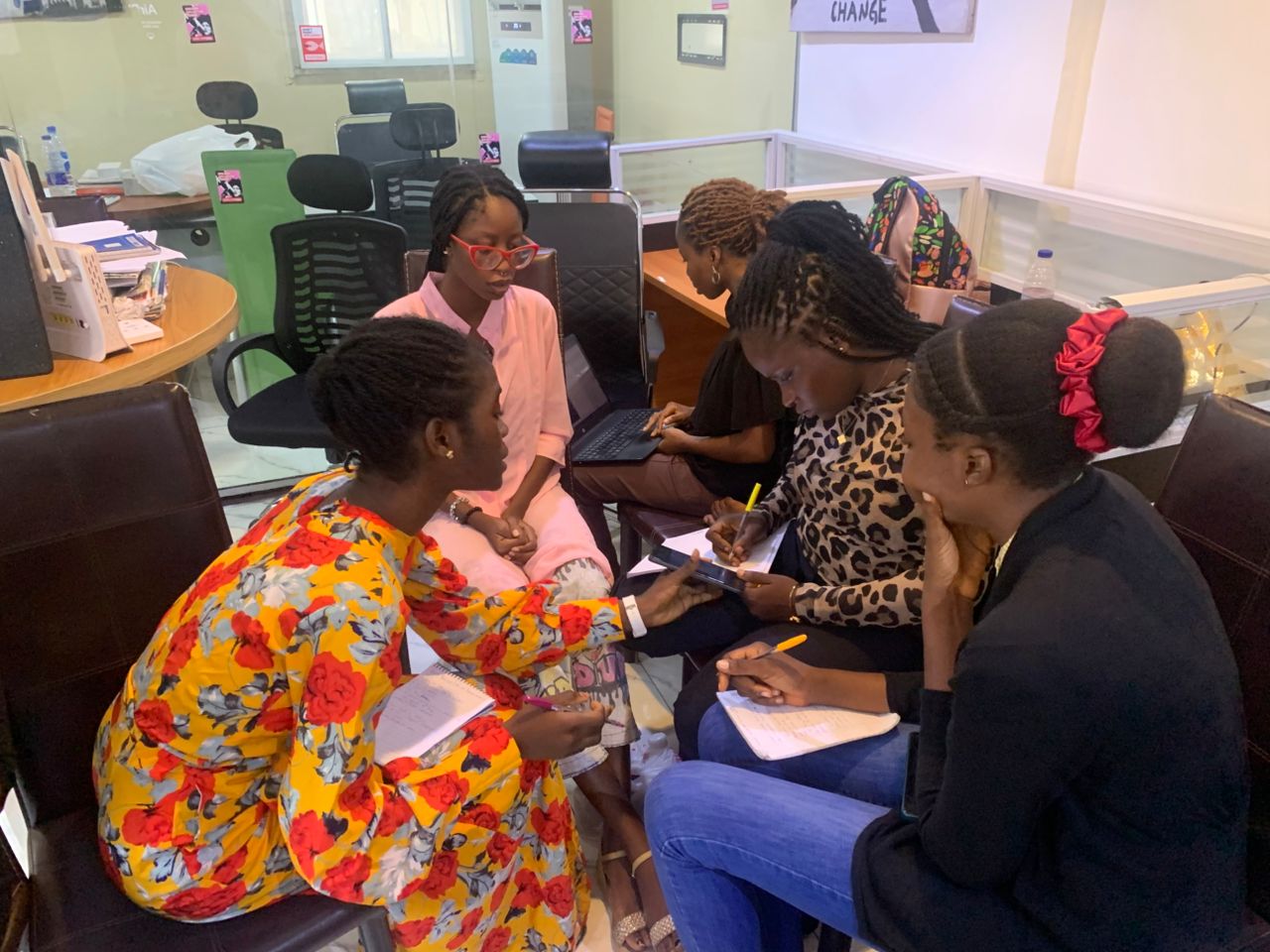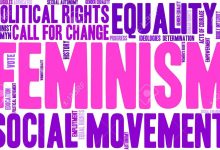
|
Getting your Trinity Audio player ready...
|
Feminists gathered from July 22 to 25, 2025, for a four-day forum themed “Strengthening Feminist Activism & Combating Systemic Injustices Against Women.” The event, hosted by the Young Urban Women Movement (YUWM), gathered women’s rights advocates from Nigeria, including Maiduguri, Abuja, and Lagos, in an interactive hybrid workshop.
The Young Urban Women Movement is a convergence of young Nigerian women organised to challenge injustice and demand structural change. The forum, which focused on deepening collective understanding and igniting action, provided a space for reflection, skill-building, and intersectional feminist dialogue.
Day 1 of the forum focused on laying the foundation of economic realities, with highlights on how to use the Human Rights-Based Approach (HRBA) to ensure economic and gender justice. The session, facilitated by Ayomide Okeleye, introduced HRBA as a transformative framework grounded in international human rights standards.
Participants also discussed key principles and examined how gender justice moves beyond equality to tackle structural inequality. Case studies also showed the need for community-led programme design and inclusive policy-making.
In the “Economic Justice” session facilitated by Rehanat Amusu, participants unpacked the historical and structural roots of gendered economic exclusion, including colonial legacies, patriarchy, and neoliberalism. The session dives deep into issues like unpaid care work, wage disparities, and lack of representation, while offering tools for systemic change, such as gender-responsive budgeting and grassroots organising.
Later, the forum explored Feminist Political Education as a method for consciousness-raising and political transformation. Facilitated discussions emphasised how it equips marginalised groups to challenge oppression and build collective power. The day closed with a Collective Brainstorm session led by Rukayat Muhammed, in which participants identified key priorities for feminist economic justice and brainstormed potential strategies for collaborative action.
Day 2 of the forum focused on: Navigating Power & Reimagining Macroeconomics. It began with a recap session titled “My Takeaway from Day 1,” giving attendees space to reflect on earlier insights from the previous day and reconnect.
A session on “Austerity & Its Gendered Impacts” led by Lois Amele allowed participants to map the effects of austerity policies on vulnerable groups, particularly women. This was followed by a deep dive into “Neoliberalism,” which critiqued how global economic systems disproportionately disadvantage women, especially in the Global South.
During the session titled “Alternatives to Neoliberalism: Feminist Wellbeing Economics,” Mbetobong John led participants through feminist economic frameworks that prioritise care, sustainability, and collective wellbeing. The discussion included real-life examples of community-driven economies and policy alternatives that challenge traditional neoliberal models.
The day concluded with a robust training on “Advocacy and Policy Influencing: Tools for Change,” facilitated by ActionAid Nigeria with insights from Niri Goyit. Participants explored a range of advocacy strategies, including lobbying, campaigning, creative arts, and protest actions. They were also introduced to a 9-step advocacy framework and the IMPACT messaging model, then wrapped up the session by creating their own advocacy campaigns using the tools and strategies they had just learned.
The third day opened with a creative visioning session titled “What Does a Feminist Future Look Like?” led by Francisca Edeh. Participants reflected on earlier discussions and envisioned a collective feminist future by sharing short sentences and images. Their hopes were captured in a collaborative word cloud titled “Feminist Futures.”
Gladys continued with “Institutions of Global Misgovernance: A Feminist Critique,” where participants mapped global financial and governance systems and their roles in reinforcing economic injustice. The interactive workshop emphasised the need for feminist policy change and global advocacy.
In “Power & Movement Building: Strategies for Collective Action,” Chimdinma Onuegbu helped participants explore power through a feminist lens. They discussed ideas like Power Over, Power With, Power To, and Power Within, and learned how to build inclusive movements using intersectionality, coalitions, and care-based approaches.
Deborah Iroegbu led an interactive workshop titled “Digital Activism: Leveraging Technology for Feminist Change.” Participants explored digital tools like social media, blogs, and design platforms, while also discussing online safety and unequal access to technology. The session ended with participants creating and presenting their own campaign ideas.
The day wrapped up with “Open Mic & Storytelling: My Feminist Advocacy Journey,” led by Rukayat, offering space for personal narratives of resilience, struggle, and feminist triumph.
The forum’s final day focused on leadership, self-reflection, and post-forum action. Chimdinma opened the day with “My Hopes for the Future of Feminism,” where participants envisioned long-term impacts and shared personal aspirations for advancing the movement.
This was followed by “Feminist Leadership Principles and Movement Leadership,” an interactive session facilitated by ActionAid Nigeria (AAN). Through case studies and group activities, participants examined feminist leadership values such as shared power, collective decision-making, and care. Mbetobong led the session “From Dialogue to Declaration: After This Forum, I Look Forward To” where participants reflected and shared their personal commitments to continue their activism.
The event concluded with a Closing Plenary titled “Charting the Course for YUWM Post-Forum,” led by Deborah Iroegbu, National Coordinator of YUWM Nigeria. She outlined the movement’s future direction and encouraged continued engagement. Final remarks were delivered by Rukayat, and the forum closed with light refreshments and networking.
The four-day forum offered a powerful space for feminist learning, connection, and action. Participants left with renewed solidarity, practical tools, and a shared commitment to continue organising change within and beyond the Young Urban Women Movement.






